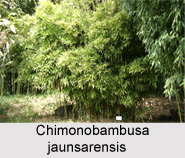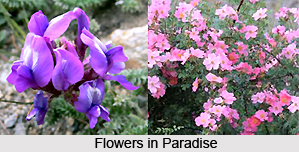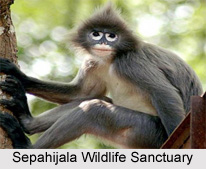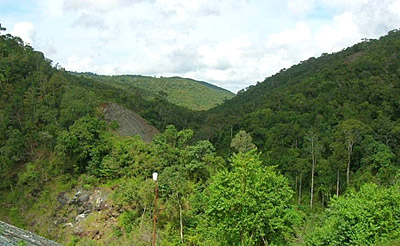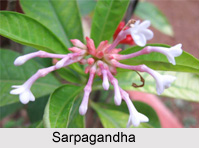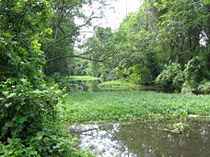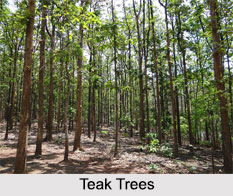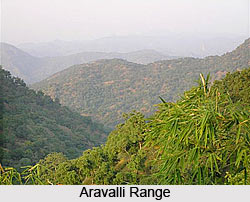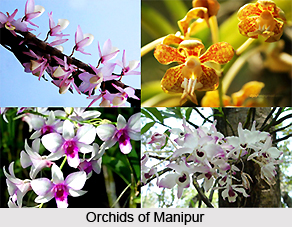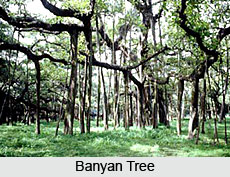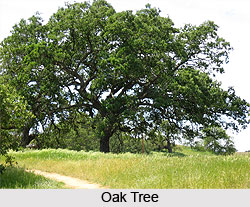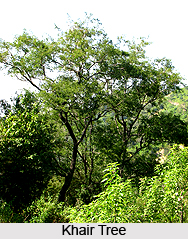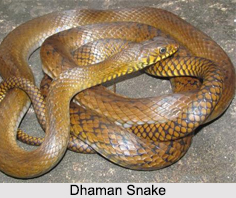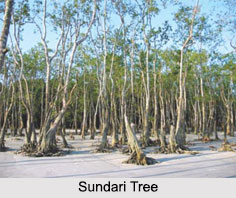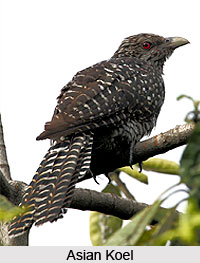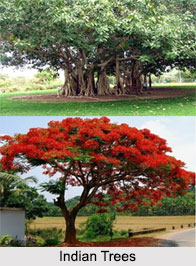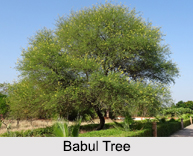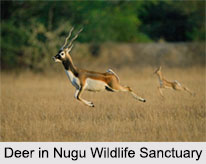 The Nugu Wildlife Sanctuary is situated in the Heggadadevanakote Taluk of Mysore district and comprises of the Lakshmanapura State Forest. On the western side of the sanctuary lies the backwater of Nugu dam which forms the part of the Nugu Wildlife Sanctuary. On the south western side, the area touches the Alaganchi State Forest which comes under the Tiger Reserve of Bandipur. During the summer, elephants migrate from the adjoining area and congregate on the foreshore area because here, the backwater recedes and the area becomes temporary vast grassland due to the availability of fodder and water.
The Nugu Wildlife Sanctuary is situated in the Heggadadevanakote Taluk of Mysore district and comprises of the Lakshmanapura State Forest. On the western side of the sanctuary lies the backwater of Nugu dam which forms the part of the Nugu Wildlife Sanctuary. On the south western side, the area touches the Alaganchi State Forest which comes under the Tiger Reserve of Bandipur. During the summer, elephants migrate from the adjoining area and congregate on the foreshore area because here, the backwater recedes and the area becomes temporary vast grassland due to the availability of fodder and water.
In the year 1974, Nugu was declared as a Wildlife Sanctuary and later during the year 2003-2004, the area of Nugu Wildlife Sanctuary was added to the Nilgiri Biosphere Reserve. The Nilgiri Biosphere Reserve is known to be one of the largest conservation areas in India.
Geology of Nugu Wildlife Sanctuary
The Nugu region has red loamy type of soil with boulders. The underlying rocks are of metamorphic formation and consist of gneiss, quartzite and hornblende schist. However, the Nugu area is still recovering from its past degradation.
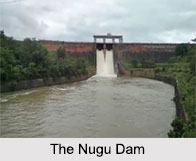 Climate of Nugu Wildlife Sanctuary
Climate of Nugu Wildlife Sanctuary
The climate in the Nugu Wildlife Sanctuary is of moderate type with the temperature ranging between 14 ° C to 38 ° C. The area receives rainfall both from south west and north east monsoons. The southwest monsoon commences from the first week of June and continues up to the month of September. The north east monsoon commences from the second week of October and continues up to November end. The average amount of rainfall received in this area is 1000mm.
Flora and Fauna of Nugu Wildlife Sanctuary
The flora of the Nugu Wildlife Sanctuary is similar to that of the Bandipur National Park. The forests comprise of southern mixed deciduous trees and dry deciduous scrubs. Some of the trees species found in this region include Dipterocarpus indicus, Calophyllum tomentosum and Hopea parviflora.
Nugu Wildlife Sanctuary has a vast list of fauna with a wildlife population that includes elephant, wild boar, jungle cat, tiger, leopard, bonnet macaque, small Indian civet, back nappe hare, along-with reptiles like the marsh crocodile, monitor lizard, cobra, rat snake, etc. The area is also rich in avifauna with birds like peafowl, India rind dove, Grey Jungle Fowl, Brahminy kite, Grey headed fish eagle, etc.
With the adoption of the Wildlife Protection Act of 1972, hunting and poaching is banned and illegal in this sanctuary. In recent times, the Nugu Wildlife Sanctuary has been declared to be an eco-sensitive zone, which means there will be no commercial or industrial activity including mining in this area.
Visiting Information on Nugu Wildlife Sanctuary
The nearest airport is at Mysore and the Nanjangud railway station is at a fair distance of 45 km from the Nugu Wildlife Sanctuary.
